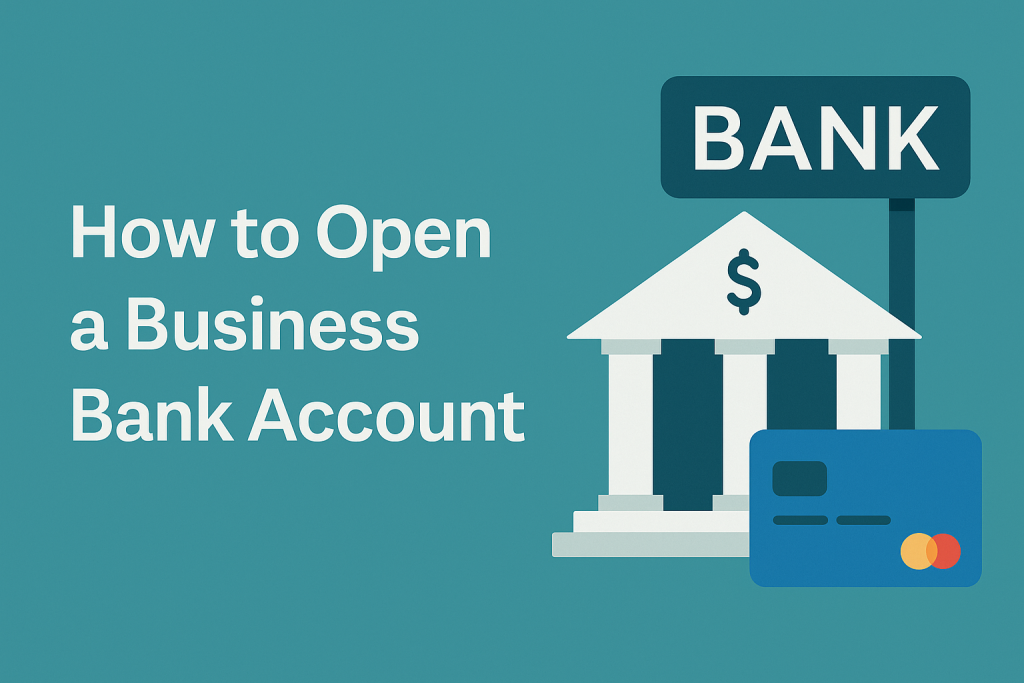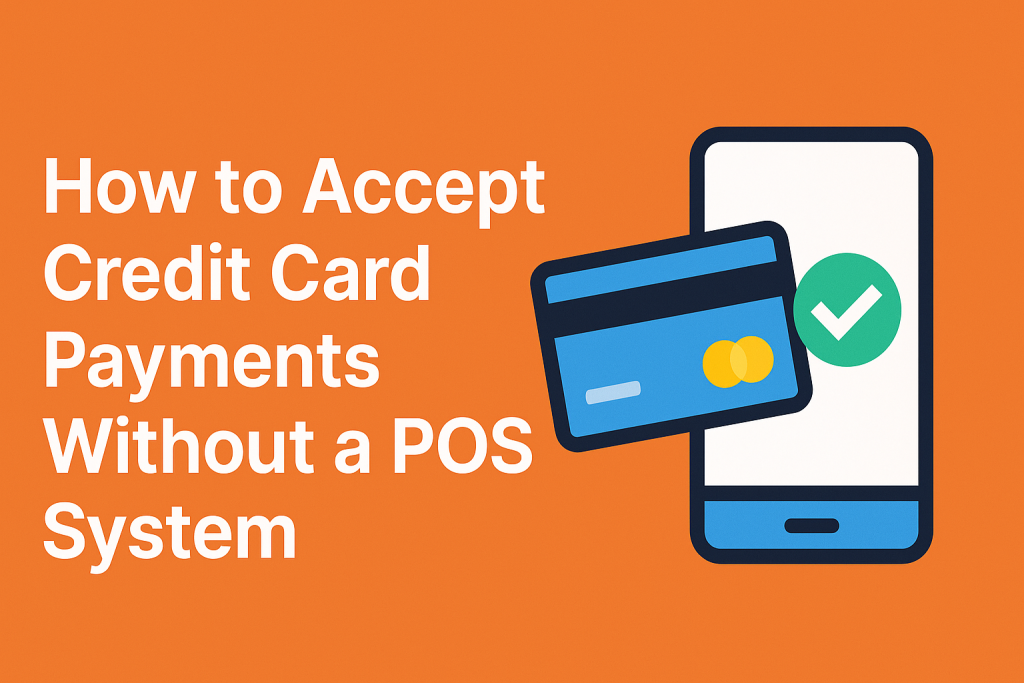Opening a business bank account is a foundational step for any entrepreneur. It helps separate your personal and business finances, simplifies taxes, improves credibility, and opens the door to business credit and funding.
The good news? It’s easier than you think.
In this guide, we’ll walk you through how to open a business bank account, including what documents you need, how to choose the right bank, and tips to get started smoothly.
Why You Need a Business Bank Account
Keeping your personal and business finances separate isn’t just good practice—it’s essential.
Key Benefits
- ✅ Simplifies bookkeeping and tax filing
- ✅ Builds your business credit history
- ✅ Looks more professional to clients and vendors
- ✅ Allows access to merchant services and business loans
Even if you’re a sole proprietor, a business account adds legitimacy and structure to your operations.
Step 1: Choose the Right Type of Business Bank Account
Most banks offer several types of business accounts, so think about your business needs before you decide.
Common Account Types
- Business Checking Account – For day-to-day transactions
- Business Savings Account – To build a cash reserve
- Merchant Services Account – To accept debit/credit card payments
- Business Money Market Account – Offers higher interest, limited access
Start with a business checking account, then add others as you grow.
Step 2: Compare Banks and Account Options
Not all banks are created equal. Some specialize in small businesses, while others charge high fees or require large deposits.
What to Consider
- Monthly fees and minimum balance requirements
- Online and mobile banking capabilities
- ATM and branch access
- Customer support and reputation
- Integration with accounting software (like QuickBooks or Xero)
Best Options for Small Businesses
- Traditional banks (e.g., Chase, Bank of America)
- Online banks (e.g., Bluevine, Novo)
- Credit unions and community banks
Online banks often offer fewer fees and better tech tools, but no cash deposits.
Step 3: Gather the Required Documents
To open a business bank account, you’ll need to provide several documents that verify your identity and business registration.
What You’ll Typically Need
- Government-issued photo ID (e.g., driver’s license or passport)
- Employer Identification Number (EIN) or Social Security Number (for sole proprietors)
- Business formation documents (e.g., Articles of Incorporation, Partnership Agreement)
- Business license or permits (if applicable)
- Ownership agreements (for multi-member LLCs or corporations)
Requirements may vary slightly by bank and state—check in advance to avoid delays.
Step 4: Apply In Person or Online
Many banks allow you to open a business account online in minutes. Others may require you to visit a local branch.
Online Application Process
- Fill out an application form
- Upload or email scanned documents
- Receive account approval within 1–3 business days
- Set up online banking credentials
In-Person Process
- Schedule an appointment or walk in
- Bring printed copies of required documents
- Review account terms with a representative
- Fund your account with an opening deposit
Online applications are convenient, but in-person visits may be faster for document verification.
Step 5: Set Up Your Account for Business Use
Once your account is open, take a few final steps to ensure it’s ready for daily use.
Things to Do After Opening Your Account
- Order checks and a business debit card
- Set up online banking and mobile alerts
- Connect your accounting software
- Update clients and vendors with your new account info
- Link your payment platforms (e.g., PayPal, Stripe)
Good setup now saves you headaches later—especially during tax season.
Tips for Managing Your Business Account
A business account isn’t set-it-and-forget-it. Regular maintenance ensures it remains compliant and efficient.
Best Practices
- Reconcile transactions weekly
- Avoid using your personal account for business purchases
- Track cash flow with monthly reports
- Review your account terms annually to compare with competitors
Strong financial hygiene improves your business’s stability and funding potential.
Final Thoughts
Knowing how to open a business bank account is one of the first smart financial moves you’ll make as an entrepreneur. It builds a strong foundation for organized finances, growth opportunities, and legal protection.
Choose a bank that fits your business’s needs, gather your documents in advance, and start building your professional financial identity today.
Next Steps
- 📥 Download our Business Bank Account Setup Checklist
- 🏦 Compare top-rated banks for small businesses
- 💬 Tell us in the comments: Which banking features matter most to you?


